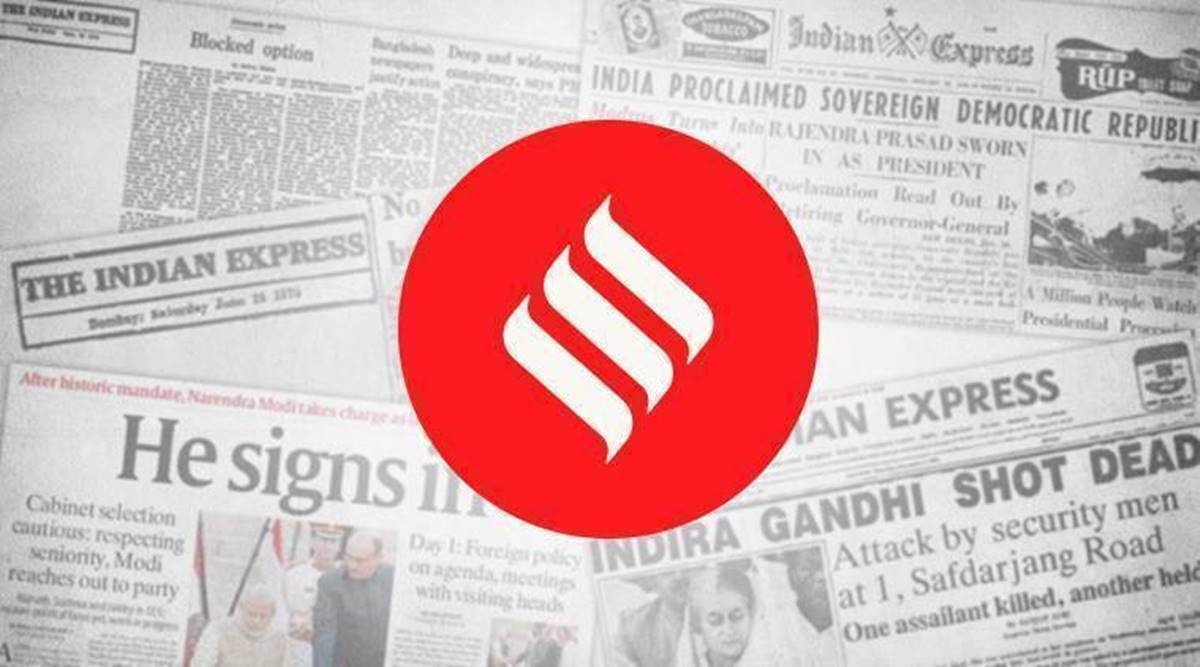 With economic activities gaining traction, it is likely that part of the estimated revenue loss to the government due to the tax cuts is offset by a rise in fuel demand.
With economic activities gaining traction, it is likely that part of the estimated revenue loss to the government due to the tax cuts is offset by a rise in fuel demand. India’s Covid inoculation project has received a shot in the arm with the WHO granting emergency-use licence (EUL) to Bharat Biotech’s Covaxin, ending months of speculation over the fate of the indigenously manufactured vaccine. It’s a notable achievement for science research in the country. The jab uses a disabled virus to trigger an immune response. While this is considered a safe approach and provides dependable defence against the virus — the inactivated pathogen cannot replicate in the human cells but triggers a broad-scale immune response involving both antibodies and T cells — the vaccine has been dogged by avoidable controversies ever since it received the Indian regulator’s emergency-use approval (EUA) in January when results of phase-3 of its clinical trials were not out. The WHO’s EUL should put all doubts to rest and pave the way for its widespread distribution as well as remove uncertainty regarding travel abroad by Covaxin recipients — immediately after the WHO’s approval, the US announced that travellers who have taken both shots of the vaccine will be allowed into the country from November 8. The EUL also brightens the prospect for the Hyderabad-based company’s vaccine for children, although that it will be subject to different regulatory procedures.
Covaxin’s contribution to the country’s inoculation has been below expectation. Barely 12 per cent of those vaccinated against the virus have received Covaxin shots. While the country is past the phase of grievous vaccine shortages, Bharat Biotech has failed to ramp up production to the extent it was envisaged. There does not seem to be any clarity over the company’s production capacity with the Centre and the vaccine manufacturer citing widely disparate figures. The WHO’s vote of confidence should put the ball in the court of the Hyderabad-based firm. Covax, the vaccine alliance that supplies vaccines to poor nations, procures only the vaccines that have gone through the global health agency’s approval procedures. The alliance is reportedly facing an acute shortage of supplies. Nearly 100 countries have vaccinated less than 10 per cent of their population, rendering almost impossible the WHO’s target of inoculating at least 40 per cent of the population in all nations. The EUL to India’s homegrown jab could enable the world to step up its fight against the virus if Bharat Biotech is able to improve its production capacity.
Last month, a government expert committee recommended EUA for Covaxin in the age group of 2-18 years. This means that the Drug Controller General of India is a step away from clearing the use of the vaccine for children. Ocugen Inc, Bharat Biotech’s North American partner, has also reportedly submitted an application to the US Food and Drug Administration for the use of the shot for paediatric use in the country. The world is at a crucial — by all accounts, decisive — phase in its fight against the virus. The Hyderabad-based company has an opportunity, and responsibility, to position Indian scientific research at the core of this endeavour.
- The Indian Express website has been rated GREEN for its credibility and trustworthiness by Newsguard, a global service that rates news sources for their journalistic standards.

